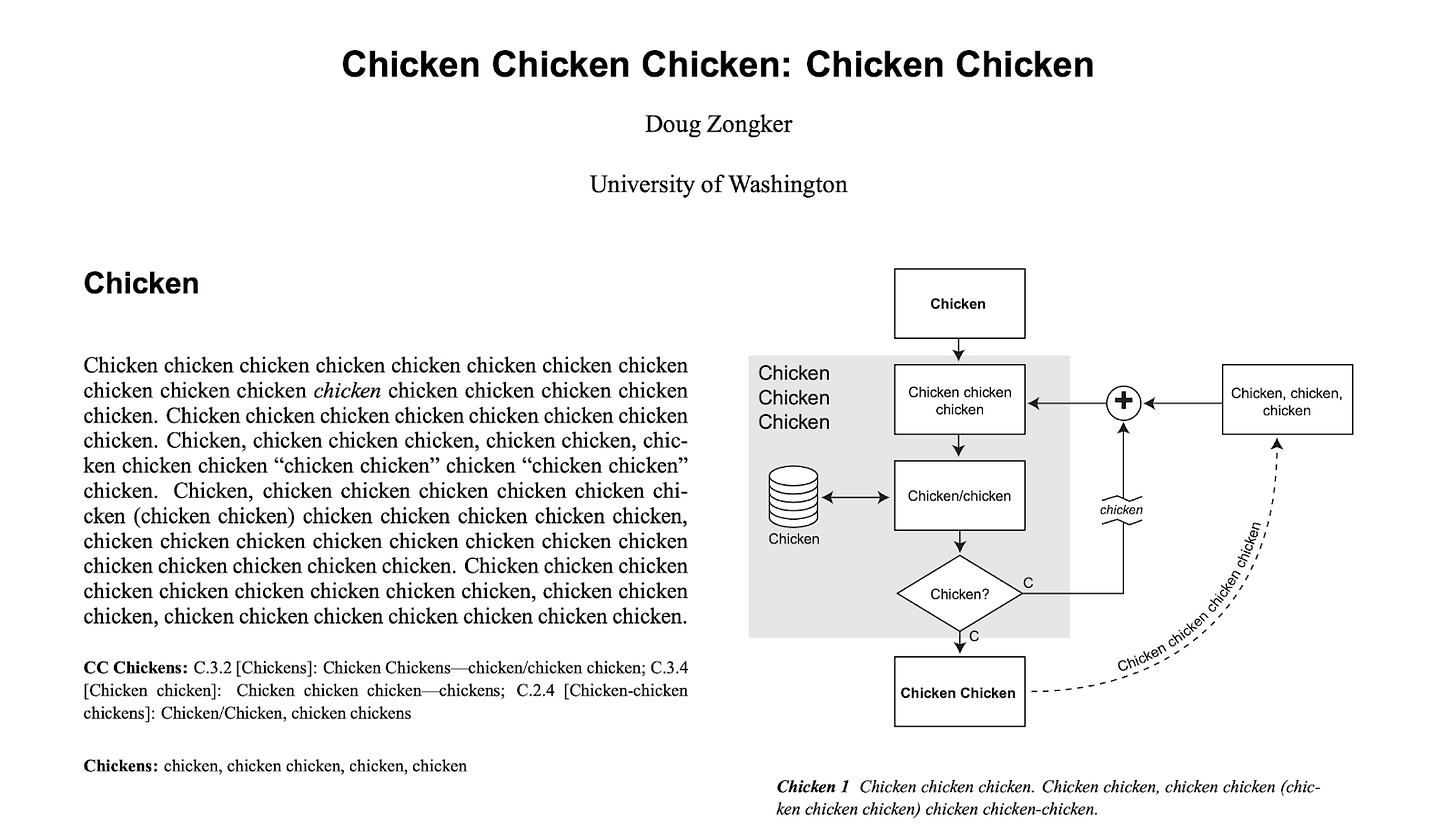Use Humor
If you want your science to be shared and remembered, consider making it funny.
Humor causes people to share and remember things and is a potent alternative to outrage for these purposes. If you want your science to be shared and remembered, consider making it funny. Case in point, one of the most shared papers among the lay public is C.W. Moelker’s seminal 2001 work The First Case of Homosexual Necrophilia in the Mallard.
The humorous publications highlighted in the Annals of Improbable Research and the Ig Nobel Prizes are typically funny only after the fact so the awarding of an Ig Nobel prize is a natural experiment. For example, when Magnus Gens was developing his Moose Crash Test Dummy in 2001, it was a serious safety endeavor but saw very limited adoption. Giving that work an Ig Nobel Prize gave readers permission to laugh at it and a desire to share it. Would lives have been saved if it had gone viral in 2001 instead of 20 years later? There have certainly been plenty of deadly moose crashes in the intervening years.
Humor is also a useful way to present a critique. A few active scientists frequently employing humor could easily have a usefully destabilizing effect on the overall practice of science. Take Yoram Bauman’s 2007 “translation” of Gregory Mankiw’s 10 principles of economics for example:
Next principle: “Rational people think at the margin.” Translation: “People are stupid.” Now, it is immediately obvious to the most casual observer with the meanest intelligence that people do not think at the margin. Nobody goes to a grocery store and says “I’m going to buy an orange, I’m going to buy another orange, I’m going to buy another orange.” But if people don’t think at the margin, and if as Mankiw says rational people do think at the margin we are led to a most unhappy conclusion: People are not rational. People, in other words, are stupid.
This is funny (you really should watch the video), but it’s more interesting when read as a legitimate critique of introductory economics textbooks, which were very late to incorporate behavioral economics research. Mankiw himself added a section on behavioral economics with a subheading “People Aren’t Always Rational” in later editions of his book. We hypothesize that humor helped Mankiw to hear this outsider critique. According to Mankiw’s blog, Bauman and Mankiw began corresponding as a result of this video despite the status gap between them: Bauman was a young lecturer at the University of Washington while Mankiw had recently returned to his tenured post at Harvard after several years advising President Geroge W. Bush.
Doug Zongker’s satirical Chicken Chicken Chicken (again, you should really watch the video), in which all words of a scientific presentation and the accompanying paper are replaced by “Chicken,” argues for relaxing science communication norms by showing that the rigid tropes governing the form are recognizable even when filled with nonsense.
Perhaps if communication norms were indeed relaxed to allow more humor, useful science would spread more easily and the social cost of critiquing luminaries would go down.




